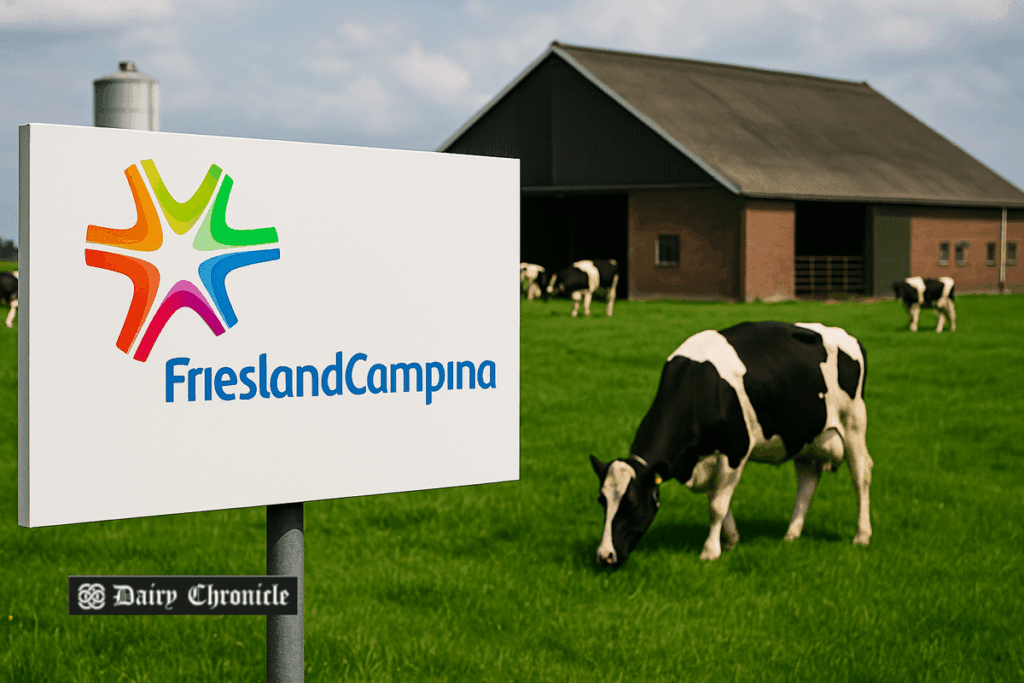FrieslandCampina, with support from Lidl and the National Growth Fund, has launched a three-year regenerative agriculture pilot across 30 Dutch dairy farms to improve soil health, biodiversity, and farm sustainability.
In a bold step toward sustainable agriculture, Dutch dairy cooperative FrieslandCampina has launched a three-year regenerative farming pilot involving 30 dairy farms across the Netherlands. The initiative is financially supported by Lidl and the National Growth Fund programme ReGeNL, aiming to establish a future-proof model for dairy farming.
The pilot focuses on three key pillars: improving soil health, increasing biodiversity, and building a sustainable income model for farmers. These efforts are intended to support a transition toward regenerative practices that can secure long-term environmental and economic resilience within the dairy industry.
FrieslandCampina, one of the world’s largest dairy cooperatives, views the project as a crucial part of its sustainability agenda. By testing and implementing regenerative techniques, the cooperative aims to better understand how these methods can be scaled effectively across its broader supply chain.
The participating farms will serve as living laboratories, experimenting with crop rotation, reduced tillage, diverse planting strategies, and natural soil enrichment techniques. The goal is to determine best practices that not only restore ecological balance but also maintain high-quality milk production and ensure farmers can operate profitably.
“This initiative reflects our strong commitment to environmental stewardship and farmer livelihood,” said a FrieslandCampina spokesperson. “By working closely with our partners and our farmers, we aim to lead the way in transitioning the Dutch dairy sector to a more regenerative model.”
Lidl, a key financial backer of the project, reinforces the collaboration as part of its broader mission to support sustainable food systems and responsible sourcing. The National Growth Fund’s ReGeNL programme also plays a central role by contributing public funding to support innovation in sustainable agriculture.
The outcome of the pilot will be closely monitored over the next three years, with the findings expected to shape future agricultural policy and industry standards in the Netherlands and potentially across Europe.
By pioneering this regenerative approach, FrieslandCampina is not only investing in the health of the land but also setting a precedent for how large-scale dairy production can evolve to meet the challenges of climate change and ecological degradation.



